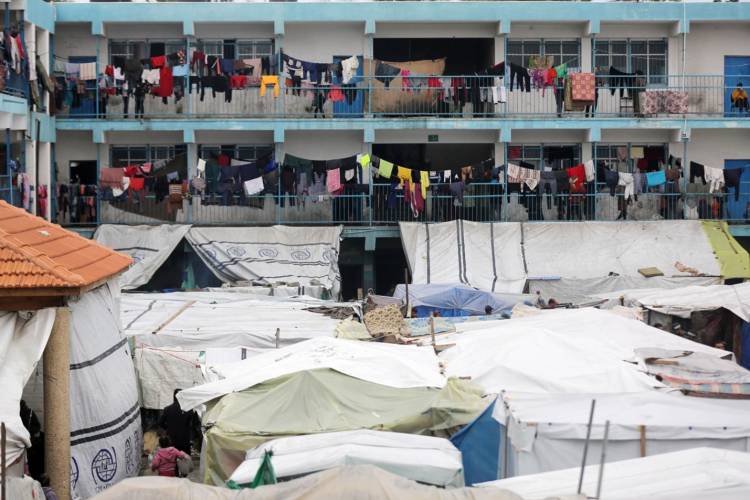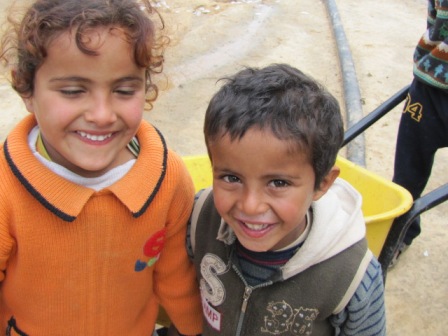Tag: UNRWA
-
UNRWA Aid Cuts: a Coordinated Political and Economic Attack
02 February 2024 | International Solidarity Movement | Gaza Mere hours after the ICJ ruling which found Israel is ‘plausibly’ committing genocide in Gaza and ordered it shall take “immediate and effective measures” to enable urgently needed basic services and humanitarian assistance into the besieged strip, the apartheid state started a timely orchestrated attack…
-
“I only have you to count on.”
24 February 2011 | Vera Macht, ISM Gaza “I only have you to count on. From now on, my children depend on you.” This was the desperate call of a man who sees no way out for himself and his children, and we ISM members who came to his phone call, received it in helpless silence.…
-
Dozens mark first anniversary of double Sheikh Jarrah evictions
4 August 2010 Dozens marched to the United Nations Relief and Works Agency for Palestinian Refugees (UNRWA) headquarters in Jerusalem on Monday, August 2nd, to mark the first anniversary of the eviction of two Palestinian families from their homes in the East Jerusalem neighbourhood of Sheikh Jarrah. Holding UNRWA to account Representatives of the al-Ghawi…


